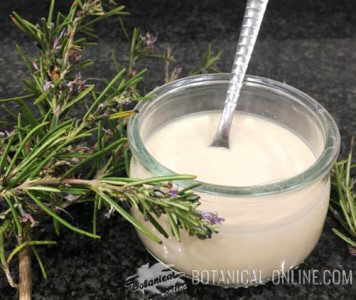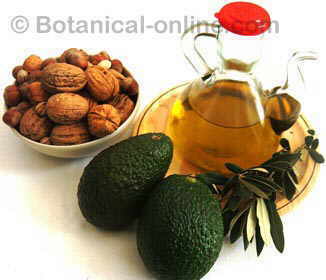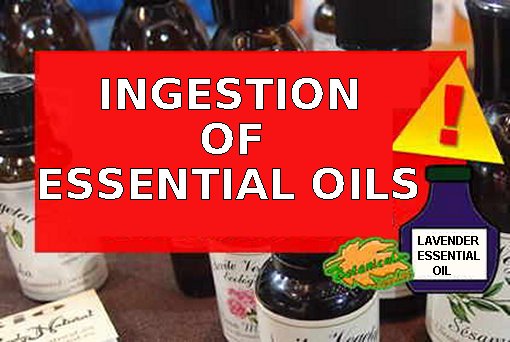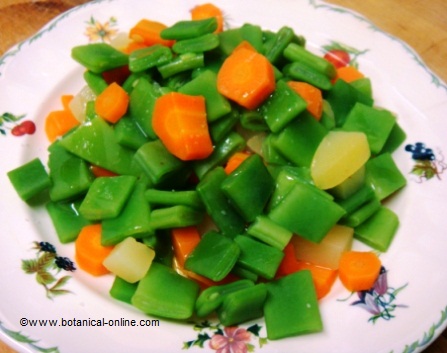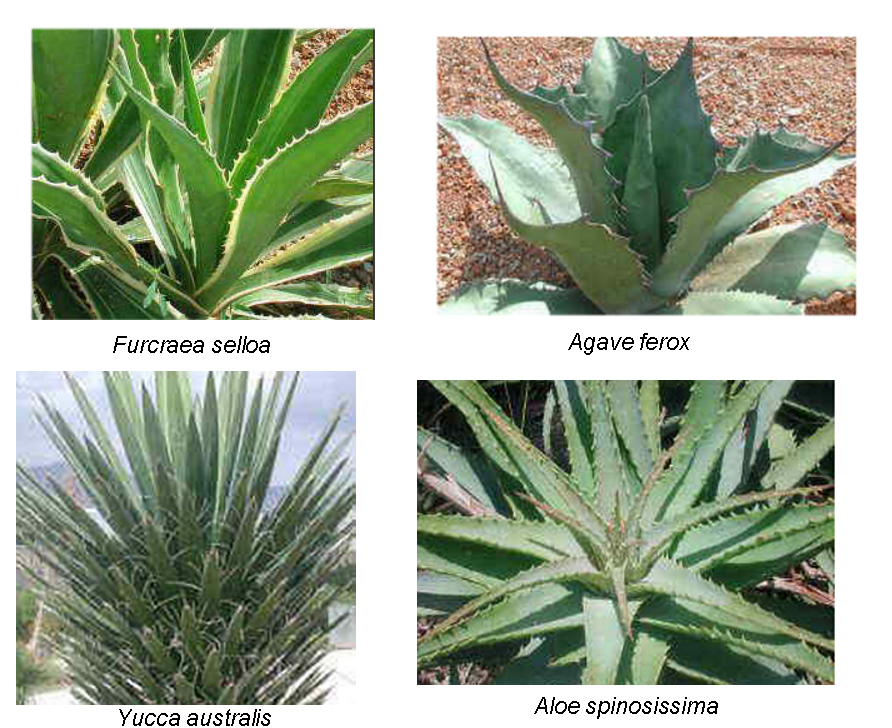Contents
CHARACTERISTICS OF PYRIDOXINE
What is pyridoxine?
Vitamin B6 or pyridoxine is part of the complex of vitamin B.
It is a coenzyme that acts together with other enzymes, in numerous chemical processes in the body.
The name of this vitamin from the Greek “Piro” which means “fire.” The reason for this name is because it is synthesized from pyridine, a colorless liquid with odor, which draws many medicines and extremely flammable.
Foods contain three different types of vitamin B, called pyridoxal, pyridoxamine and pyridoxine. The latter is the most common and it degrades less.
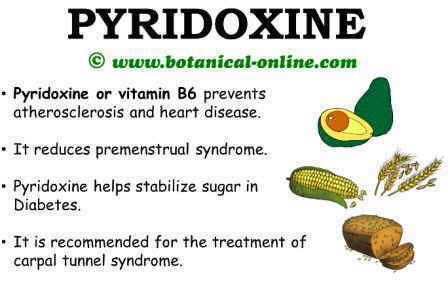
Properties of pyridoxine
Pyridoxine functions
Pyridoxine is necessary:
– For the body to process the carbohydrates and fats into energy.
– For the proteins metabolism
– To improve circulation by lowering levels of homocysteine.
– For the health of the immune system
– For the good condition of the nervous system
– For the creation of hemoglobin in the blood
Problems caused by the lack of pyridoxine
A deficiency of this vitamin is found mainly in the form of:
– Skin problems: The lack of this vitamin is a cause of seborrheic dermatitis (greasy skin and with scales), hair loss, rashes, etc.
– Nerve problems: small deficiencies of pyridoxine may take the form of nervous system disorders such as nervousness, anxiety, depression, insomnia, etc. It is also responsible for mental changes such as memory problems or difficulty in learning.
– Thinness and weakness: Lack of this vitamin is manifested as weight loss, anemia, and low muscle mass.
– Problems in Infants: Lack of this vitamin in infants can cause muscle spasms, convulsions and continued tears.
Natural sources of pyridoxine
Where can it be found?
- Animal sources of pyridoxine: The main sources are beef, lamb, pork, duck, turkey or other birds high in fat. Liver is particularly rich fish and shellfish.
- Vegetable sources of pyridoxine: Sources rich in pyridoxine are whole grains (rice, oats, wheat, flour, etc.) and its derivatives (bread, pasta, wheat germ, etc.) The richness in this vitamin is mainly due to the fact that many of these products have this vitamin added), the nuts are also pretty tasty. Other less important sources are the chickpeas, peas, beans, lentils, prunes, avocados, bananas or mangos. In general, the richness of the vegetables in vitamin B6, except for cereals and nuts, is low.
- Pyridoxine supplements: Besides food, one can get this vitamin through supplements in the form of capsules or tablets. There are supplements sold in the form of pyridoxine or pyridoxal hydrochloride hydrate-5-phosphate. The latter is better absorbed.
MEDICINAL PROPERTIES OF PYRIDOXINE
Normally a varied diet is sufficient to meet the daily demands of this vitamin. There are however some situations where it may be necessary to increase the daily dose.
Supplementation of this vitamin, under strict medical supervision, may be appropriate.
Among all situations we would mention the following:
– Aid to improve the health of the heart: In combination with folic acid and cobalamin, it helps to reduce homocysteine levels, a byproduct of protein metabolism that is responsible for lowering the elasticity of blood vessels which impairs circulation.
Homocysteine also promotes aggregation of platelets in the artery walls which can cause clots in them, responsible for a disease called atherosclerosis. By lowering homocysteine levels improves circulation and prevents heart attacks or angina.

A balanced and varied diet ensures proper supply of pyridoxine
– It is helpful in reducing symptoms of premenstrual syndrome (PMS): Ingestion of pyridoxine supplementation is positive in improving the symptoms that women experience before or during menstruation due to a number of changes in estrogen levels.
This vitamin reduces estrogen levels and prevents or reduces physical symptoms of this period as breast pain, swelling of the breasts, breast lumps, vaginal dryness, headaches, etc.
There is a reduction in psychological symptoms, relieving irritability, mood swings or anxiety. (The usual dose is estimated at around 100 mg daily)
– It improves Carpal tunnel syndrome: This disease is a painful inflammation of the nerves in the wrist caused by repetitive work (writing on a computer keyboard, using a specific tool for a long time, etc.). The administration of this vitamin reduces pain. (150mg per day split into 3 doses)
– It helps improving diabetes conditions: Pyridoxine helps to stabilize blood sugar levels in the blood and also helps to prevent any nerve damage that diabetes can cause, mainly what is known as diabetic neuropathy.
It has also been seen that can help to stabilize sugar in pregnant women by helping to prevent dizziness caused during this state. (In the latter case should only eat these vitamins for pregnant women who received a doctor’s permission)
– It improves depression: The pyridoxine supplementation, by raising levels of serotonin , appears to improve symptoms of this disease in some patients. In other not seen any improvement. (Manage 200 grams a day split into 3 doses)
– It enhances our memory: Dose of 40 mg per day divided into two doses, helps maintain memory in older people.
– It reduces asthma attacks: Pyridoxine supplements help the asthmatic to breathe better and make the attacks are so frequent. Some asthma drugs inhibit the absorption of pyridoxine food. This requires using supplements of vitamin D to fill this gap. (100mg per day split into 2 doses)
– Kidney Stones: Vitamin B6 supplements help prevent the formation of calcium oxalate in the kidney, responsible for kidney stones. (150 gr. A day split into 3 doses)
– Avoiding or stop cancer: Studies are being carried on the possible positive action of this vitamin in preventing or stopping the cancer.
– To counteract the pill of pregnancy effect: Pregnancy pills prevent absorption of this vitamin from food. Pyridoxine supplements can supply these deficiencies. (5 mg per day)
Daily needs of pyridoxine
The following table shows the recommended minimum amounts.
| Recommended amount of pyridoxine (B6 vitamin) in mcg (micrograms) | |
| Less than 6 months | 0,3 |
| Of 6 months to 1 year | 0,6 |
| Of 1 to 3 years | 1 |
| Of 4 to 6 years | 1,1 |
| 7 to 10 years | 1,4 |
| Men of 11 to 14 years | 1,7 |
| Men of more than 15 years | 2 |
| Women of 11 to 14 years | 1,4 |
| Women of 15 to 18 years | 1,5 |
| Women of more than 19 years | 1,5 |
| Women during the pregnancy | 1,2 |
| Nursing women | 2,1 |
Special situations that require more pyridoxine
There are certain situations that require an additional intake of this vitamin or that force us to be more attentive to possible symptoms of deficiency. Among these are:
– Vegetarians: Since vegetables contain very low levels of pyridoxine, strict vegetarians, especially children, may have deficiencies of this vitamin. (You need to eat many grains and many nuts)
– Pregnant or nursing women may need additional half milligram of the vitamin daily.
– People who abuse alcohol may be deficient in pyridoxine.
– Smokers may need more pyridoxine, since tobacco interferes with the absorption of this vitamin.
– Some medications to treat asthma, tuberculosis, arthritis and high blood pressure may interfere with the absorption of this vitamin (If you take any medication against any of these conditions, you should consult with your doctor)
Vitamin B6 toxicity
The use of vitamin supplements has no toxicity at daily doses of 100 mg prolonged.
Dose of 200 mg / day can cause nerve problems in some people. These problems are almost inevitable when you take high doses (greater than 2,000 mg in one day).
Symptoms of nerve damage include tingling and numbness in hands and feet and problems with coordination or locomotion. When you stop taking this vitamin, these symptoms disappear and the body is recovered without sequelae.
Do not supply this vitamin to pregnant women without medical authorization. This vitamin interferes with some medications provided to treat Alzheimer’s.
The use of doses above 200 milligrams per day for 30 days can create feelings of dependency when you stop taking it.
![]() More information about vitamins.
More information about vitamins.
LIST OF VITAMINS
| Vitamin B1(Thiamin) | Vitamin B2(Riboflavin) | Vitamin B3(Niacin) |
| Vitamin B5(Pantothenic acid) | Vitamin B6(Pyridoxine) | Vitamin B7(Biotin) |
| Vitamin B9(Folic acid) | Vitamin B12(Cobalamin) | Choline |
| Inositol | PABA | Lipoic acid |


